Sociology of the Islamic Revolution
The sociology of the Islamic Revolution in Iran involves analyzing the social forces, ideologies, and structures that shaped and were shaped by the revolution. It examines how the revolution transformed Iranian society, its political system, and its cultural landscape. Key areas of study include the role of social classes, the impact of revolutionary ideology, and the formation of new social and political institutions.
Key Aspects of the Sociology of the Islamic Revolution:
- Social Stratification and Class Dynamics: The revolution involved diverse social groups, including the middle class, working class, and religious figures, each with varying motivations and roles in the revolutionary process.
Ideology and Legitimacy:
The revolution’s ideology, rooted in Islamic principles and anti-imperialism, played a crucial role in mobilizing support and challenging the existing regime. The concept of social justice and its relationship to political legitimacy became central to the new order.
Political Mobilization and Participation:
The revolution saw a surge in public political participation, both before and after the revolution. This participation, through various forms of mobilization, contributed to the revolution’s success and the consolidation of the Islamic Republic.
Cultural Transformation:
The revolution led to significant cultural changes, including the establishment of new cultural norms and institutions, and the redefinition of Iranian identity.
State Formation and Institutionalization:
The revolution resulted in the establishment of a new political system, the Islamic Republic of Iran, with its own set of institutions and power structures.
The Role of Religious Leadership:
Religious figures, particularly Ayatollah Khomeini, played a central role in mobilizing and leading the revolution, and their influence shaped the new political order.
Continuity and Change:
The revolution represented a significant break with the past, but also involved elements of continuity, such as the continuation of certain social structures and the persistence of pre-existing social dynamics.
Post-Revolution Developments:
The sociology of the Islamic Revolution also examines the subsequent developments in Iranian society, including the consolidation of the Islamic Republic, the impact of the Iran-Iraq War, and the ongoing challenges and transformations in Iranian society.
In essence, the sociology of the Islamic Revolution provides a framework for understanding the complex social, political, and cultural transformations that occurred in Iran as a result of the revolution










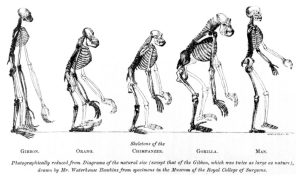


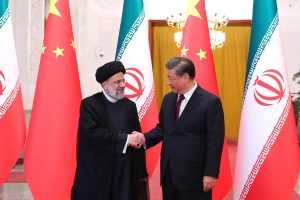



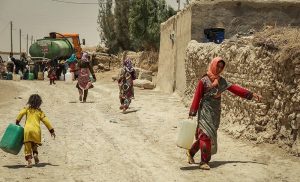






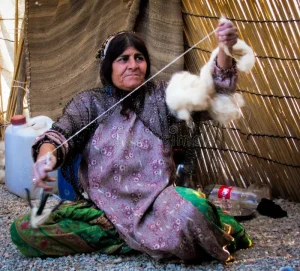




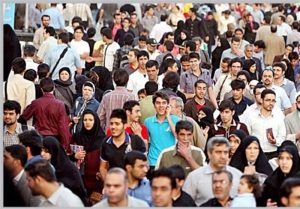
Post Comment